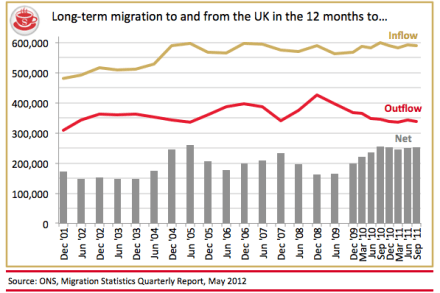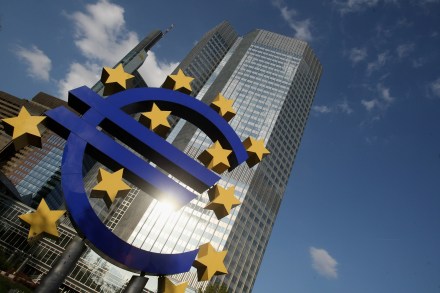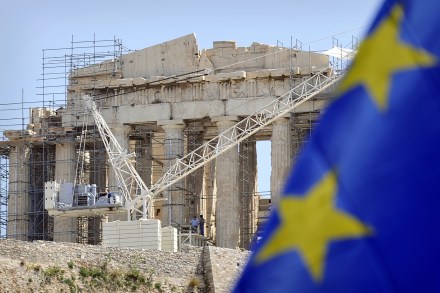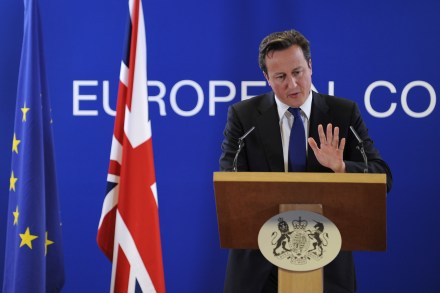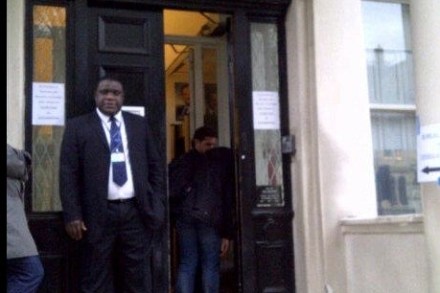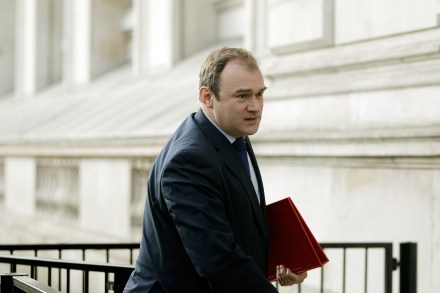Clegg takes on the Establishment (and the Tories) again
So Nick Clegg wants to present himself as anti-Establishment, does he? That’s hardly surprising. After all, the Deputy Prime Minister has ploughed this furrow before now, attacking the ‘vested interests’ that are the banks and the political class. And it’s generally a large part of the Lib Dems’ ‘differentiation strategy’ to come across as insurgents in suits. But Clegg’s comments today are still striking for how far they weaponise this theme and then turn it against the Tories. It’s not just the context of it: with Tory ministers — including Jeremy Hunt — appearing before Leveson this week, Clegg chooses to attack those who ‘bow and scrape in front of




